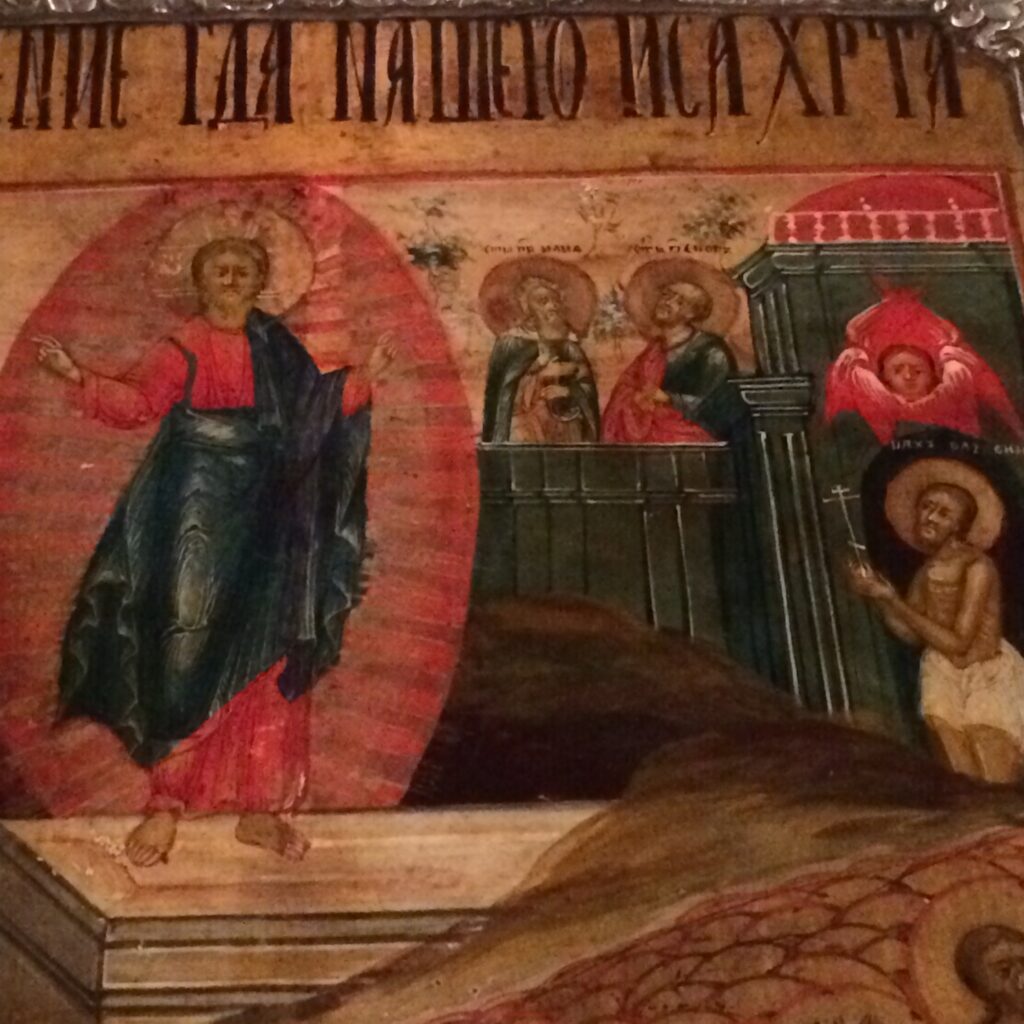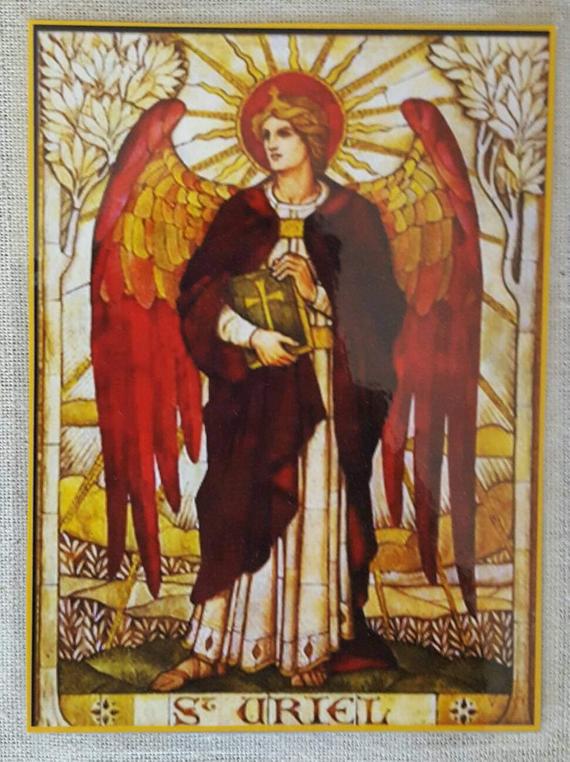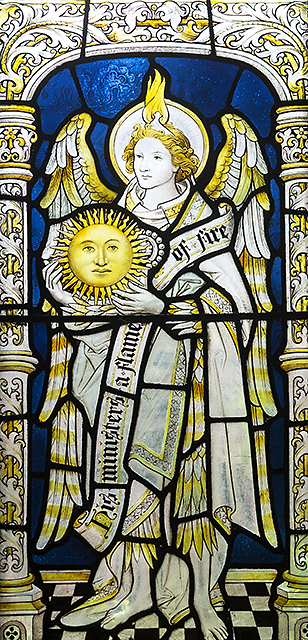
“Today, you will be with me in paradise.” If we approach the chalice with the self-examination, the reorientation of our lives, the words of the thief—Remember me in your kingdom—Christ makes the same promise to us: Today you will be with me in paradise. Today you will begin to live forever.
What does that even mean, that we will be “with him in paradise,” that we “will live forever?” We sometimes think that eternal life is just like the life we know now… but rather than walking around on earth for some finite period, we will be walking around paradise for “an eternity,” that time will simply be stretched out and stretched out and simply go on much like it does now on earth but without ever having an end in sight.
But eternity—the “forever” of the Kingdom of God—is not simply a very long time that simply never stops. “Eternity” and “eternal life” is simply always NOW. There is no time—not long, not short, not never-ending—just NOW and its quality is as different from what we currently experience as life in the womb differs from life after we are born. It’s impossible for us to understand what eternity and paradise are like just as it is impossible for a baby in the womb to know what to expect when it emerges out into the world.


